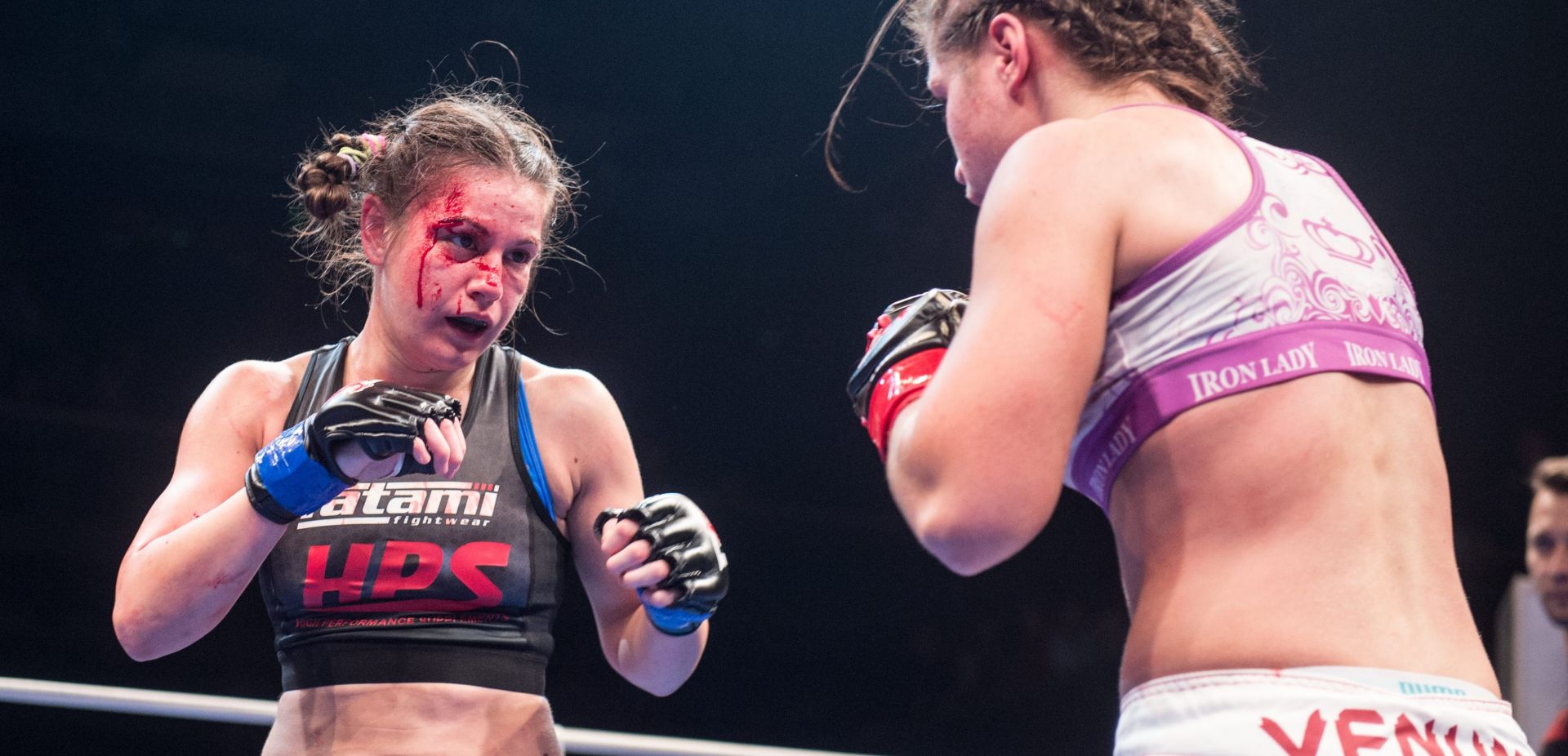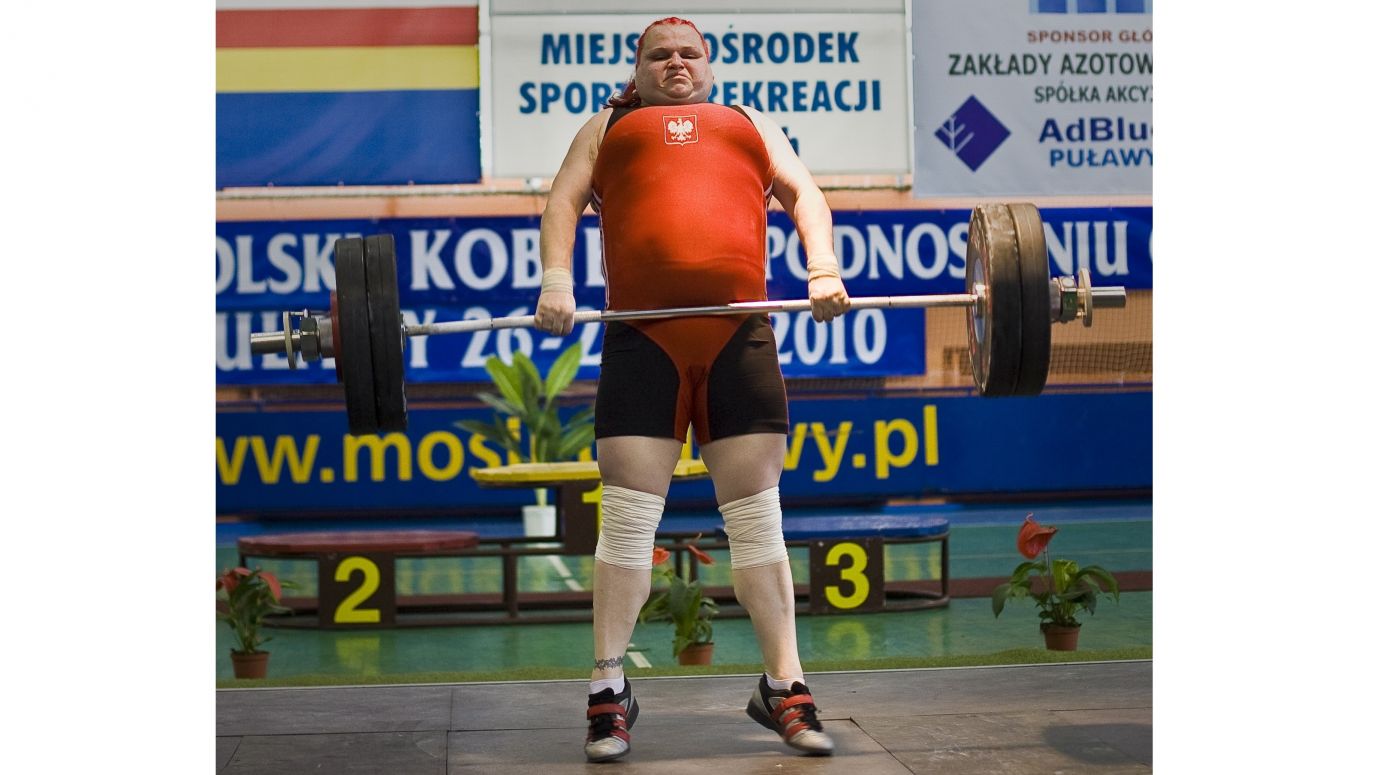The emancipation of women in sport is limited. Specifically about speedway events and Formula 1 racing. Although one Polish woman has been granted a speedway licence and two ladies have competed on the F1 race track, but that would be about it. Meaning - there is not full equality and that's that.
Those moved by this fact will probably not accept that one "speedway woman" is not enough to form a league or organise a championship, and that two lady drivers are not sufficient to create a women's Formula 1. Well, that's the truth.
It might be a small consolation to know that all other sports are played by women without making a stammer, but I don't know if anything can appease the principled dissatisfied.
However, progress towards women's equality in sport is evident. From the ancient Olympic Games being inaccessible to women, to their current mutated formula open to the participation of men and women equally, there have been visible changes.
 SIGN UP TO OUR PAGE
SIGN UP TO OUR PAGE

There will always be someone who will point out extreme patriarchalism, not to say misogyny, male pride and arrogance to the Greeks. Except that this is not true. The evolution of societies breaks down into stages, and gender equality is one of them.
It has rippled through human history, it has had its tides. Let me remind you that in primitive times, there was matriarchy. Both men and women were recognised as the breadwinners of tribal communities, with women being valued more highly because there were reasons for this.
This is evidenced by artefacts from the Neolithic period found by archaeologists. Thirty thousand female figurines and only a thousand male ones have been found. Men hunted, women cultivated the land and it was they who invented the first agricultural tools, according to science.
And going back to the Greeks, although they excluded women from stadiums, they made up for it in other areas. The Pythagoreans, including Plutarch of Cheronea, encouraged women to study in philosophical schools on an equal footing with men.
In medieval Finland, equality was solemnly observed. The Polish nobility in the 16th-17th centuries regarded marriages as a partnership arrangement rather than one based on subordination. Of course, this was not the emancipation we know today. Nor is the current one that satisfies everybody.
This process is not smooth, rather jerky. But it is still progressing despite the resistance of conservative circles or the political decisions that result from these views. The course of things is illustrated by, among other things, electoral rights. At the beginning granted only territorially.
In 1869, this was done in Wyoming County, USA. In 1881 in the British Isle of Man. In 1893, active suffrage was granted to women in the territory of New Zealand, but passive only after the First World War in 1919. In the Second Polish Republic, they were granted them immediately, in 1918, with the restoration of independence.
It was the same in other matters. The first woman to be allowed to teach at the Sorbonne in Paris was Marie Skłodowska-Curie in 1906. Against this background, sport stands out fundamentally. Not only consistent, but almost full equality.
Sexist baron?
And it all started with a firm objection. Not just anyone, but the father of the modern Olympic Games, Baron Pierre de Coubertin. This enlightened, thoroughly educated intellectual arbitrarily ruled out the participation of women in the Games.
Not only did he exclude, he did so in a way for which modern feminists would tear him to shreds, for he said: "women are only needed at the Olympics to make the stadium smell nice and to comfort the losers."
The Baron, I believe, had no intention of insulting the ladies. He was not trying to reduce them to the role of ferns, more like roses. After all, he was not speaking to us, he was speaking to his contemporaries, who were unlikely to see him as a sexist.
I don't know if he had in the back of his mind the sporting abstinence of women applied by the ancient Greeks, or if he was thinking about the unpleasant smell of sweaty guys and didn't want to expose the ladies to similar circumstances, but he made them have an uphill battle already at the start.

 SIGN UP TO OUR PAGE
SIGN UP TO OUR PAGE
 There will always be someone who will point out extreme patriarchalism, not to say misogyny, male pride and arrogance to the Greeks. Except that this is not true. The evolution of societies breaks down into stages, and gender equality is one of them.
There will always be someone who will point out extreme patriarchalism, not to say misogyny, male pride and arrogance to the Greeks. Except that this is not true. The evolution of societies breaks down into stages, and gender equality is one of them.





